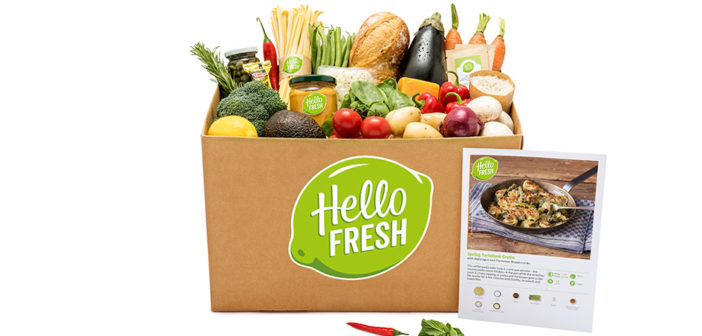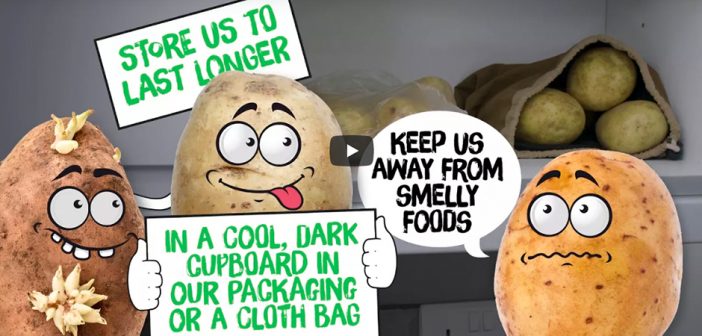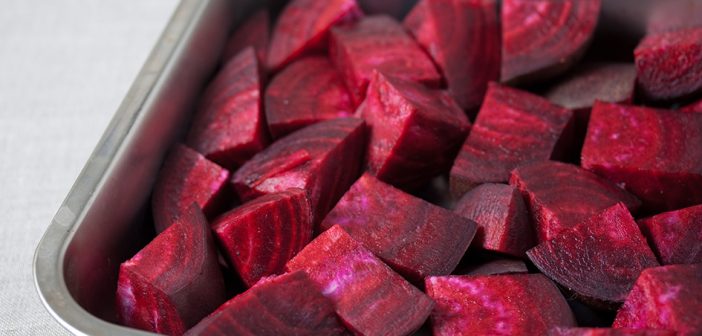The Alexandra Rose Charity, which supplies vouchers that low income families can buy fresh fruit and vegetables, has teamed up with recipe box company HelloFresh to help provide fruit and veg for families on low incomes who struggle to afford it.
This partnership will see HelloFresh distribute leaflets, which tell the story of ‘Rose Voucher mum’ Lamratu, in its meal boxes until 29 March as part of HelloFresh’s mission to help families eat more veg with every meal.
“Before I started receiving Rose Vouchers my boys didn’t even know what fruit was because I couldn’t afford to buy any fruit or vegetables” says Lamratu. A Rose Voucher Mum for the last year, Lamratu has seen a huge improvement in her son’s health. After receiving Rose Vouchers from her Hackney Children’s Centre, Lamratu gradually introduced her children to an increasing variety of fruit and veg.
Andre Dupin, Head Chef at HelloFresh said, “We want to help ensure that every family includes more fresh fruit and veg into their diets – something that Alexandra Rose helps families to achieve every day.”
Jonathan Pauling, Chief Executive of Alexandra Rose Charity, added, “We are grateful that HelloFresh have given their considerable weight to support our charity’s mission. 23 per cent of parents in the UK worry about not having enough money to feed their families. Partnering with HelloFresh means thousands more people are learning about our work and how they can help us fund vouchers so we can reach even more families in need.”

Photo Caption: HelloFresh will distribute leaflets highlighting the work of the Alexandra Rose Charity in its recipe boxes.
Photo Credit: HelloFresh The post Veg charity teams up with HelloFresh appeared first on Hort News on 21 March 2019.


 food
food